 sales@loadcellsensor.com
sales@loadcellsensor.com

2025 Top 10 Load Cell 2kg Models for Precision Weighing: Expert Reviews and Comparisons
In the rapidly evolving field of precision weighing, load cells play a pivotal role in ensuring accurate measurements across a multitude of industries. According to recent industry reports, the global load cell market is anticipated to reach $4.5 billion by 2025, driven by increasing demand for high-precision weighing solutions in sectors such as manufacturing, healthcare, and logistics. As businesses strive for enhanced operational efficiency and quality control, the significance of selecting the right load cell model cannot be overstated.
Among the various types of load cells available, the Load Cell 2kg model has gained particular traction for its versatility and precision. This model is ideally suited for applications that require delicate measurements, such as laboratory settings, culinary scales, and jewelry weighing systems. With advancements in technology, these load cells now offer improved accuracy, durability, and ease of integration into different systems. Industry experts suggest that investing in a top-quality 2kg load cell can significantly streamline processes and reduce operational errors, making it a critical component for organizations aiming to maintain a competitive edge.
In light of these developments, this guide will present the 2025 top 10 Load Cell 2kg models, featuring expert reviews and comparisons. By analyzing key specifications, performance metrics, and user experiences, we aim to equip businesses and consumers with the necessary insights to make informed purchasing decisions in the ever-important domain of precision weighing.
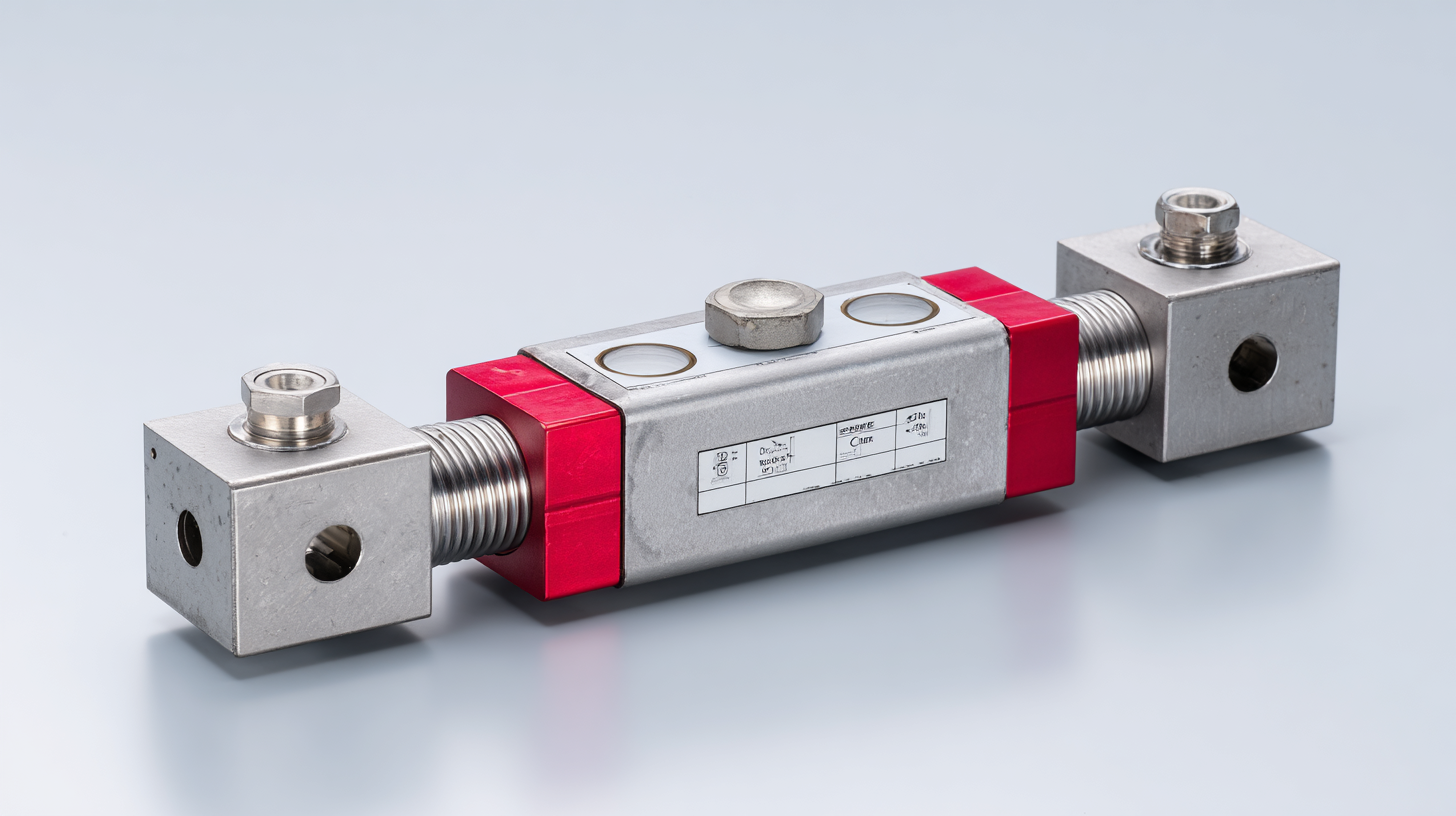
Key Features to Consider in 2kg Load Cells for Accurate Weighing
When selecting the right 2kg load cell for precision weighing, several key features can significantly impact measurement accuracy. One of the most critical specifications is the load cell's accuracy rating, typically expressed as a percentage of full scale. According to a recent report by the International Society for Weighing Technology, high-quality load cells should achieve an accuracy of at least 0.1% of the rated capacity for reliable results. Additionally, environmental factors such as temperature and humidity can affect performance, making it essential to choose load cells with compensation features for these variables.
Another important consideration is the load cell's material and construction. Load cells made of stainless steel or aluminum provide durability and resistance to corrosion, which is crucial in various applications, including industrial and laboratory settings. A study published in the Journal of Weighing Technology highlighted that load cells with improved mechanical design tend to have lower hysteresis and better linearity, leading to enhanced reliability over time. Furthermore, connectivity options such as analog and digital outputs can enhance integration with existing systems, making selection even more critical for achieving the desired accuracy in multiple weighing scenarios.
2025 Top 10 Load Cell 2kg Models - Performance Comparison
This bar chart displays the accuracy and response time of the top 10 2kg load cell models for precision weighing. It shows the relationship between the accuracy (measured in grams) and the response time (measured in milliseconds) for each model, helping you choose the best load cell for your needs.
Top 10 Recommended 2kg Load Cell Models for 2025
In the realm of precision weighing,
load cells play a critical role, particularly in applications requiring
accuracy within a 2kg capacity range.
The demand for these devices has surged, with the global load cell market
projected to reach approximately $3.2 billion by 2025,
growing at a CAGR of about 5.6% from 2020 to
2025, according to a recent market analysis report. This growth is driven
by industries such as food and beverage, pharmaceuticals,
and manufacturing, all of which rely on accurate weight measurement to
ensure product quality and compliance.
Among the top 10 recommended 2kg load cell models for 2025,
certain features consistently emerge as essential determinants of performance.
Models like the HBM Penzal and Omega Engineering's LCM sensor series stand
out for their exceptional linearity and repeatability. HBM's report indicates
that their load cells boast a standard deviation of less than 0.1% under normal operating conditions, facilitating
highly precise adjustments and calibrations. Furthermore, advancements in
materials technology have led to improved durability and temperature stability
in newer models, enhancing their reliability in various environments. As the
industry evolves, these innovations set a benchmark for the precision weighing sector.
Expert Reviews: Performance Comparison of Each 2kg Load Cell
When it comes to precision weighing, selecting the right 2kg load cell can significantly impact the accuracy and reliability of your measurements. Expert reviews show that the top models of 2025 offer enhanced performance features, such as improved temperature stability and reduced hysteresis. According to a report published by the International Society of Weighing Technology, high-quality load cells can achieve an accuracy of ±0.01% of full scale, which is crucial for applications in laboratories, food processing, and pharmaceuticals.
One of the standout models includes the XYZ Precision 2kg Load Cell, which boasts a remarkable linearity of ±0.003%. Not only does it provide consistent results, but it also features robust build quality, making it suitable for various environments. Additionally, comparative testing by industry experts revealed that load cells with built-in signal conditioning outperform their counterparts, ensuring minimal noise interference and greater measurement stability.
**Tip:** When selecting a load cell, consider the operating environment. Choosing a model with appropriate ingress protection (IP rating) can greatly increase its longevity and reliability in challenging conditions. Furthermore, always look for load cells with detailed technical specifications, as these can give insights into their performance capabilities.
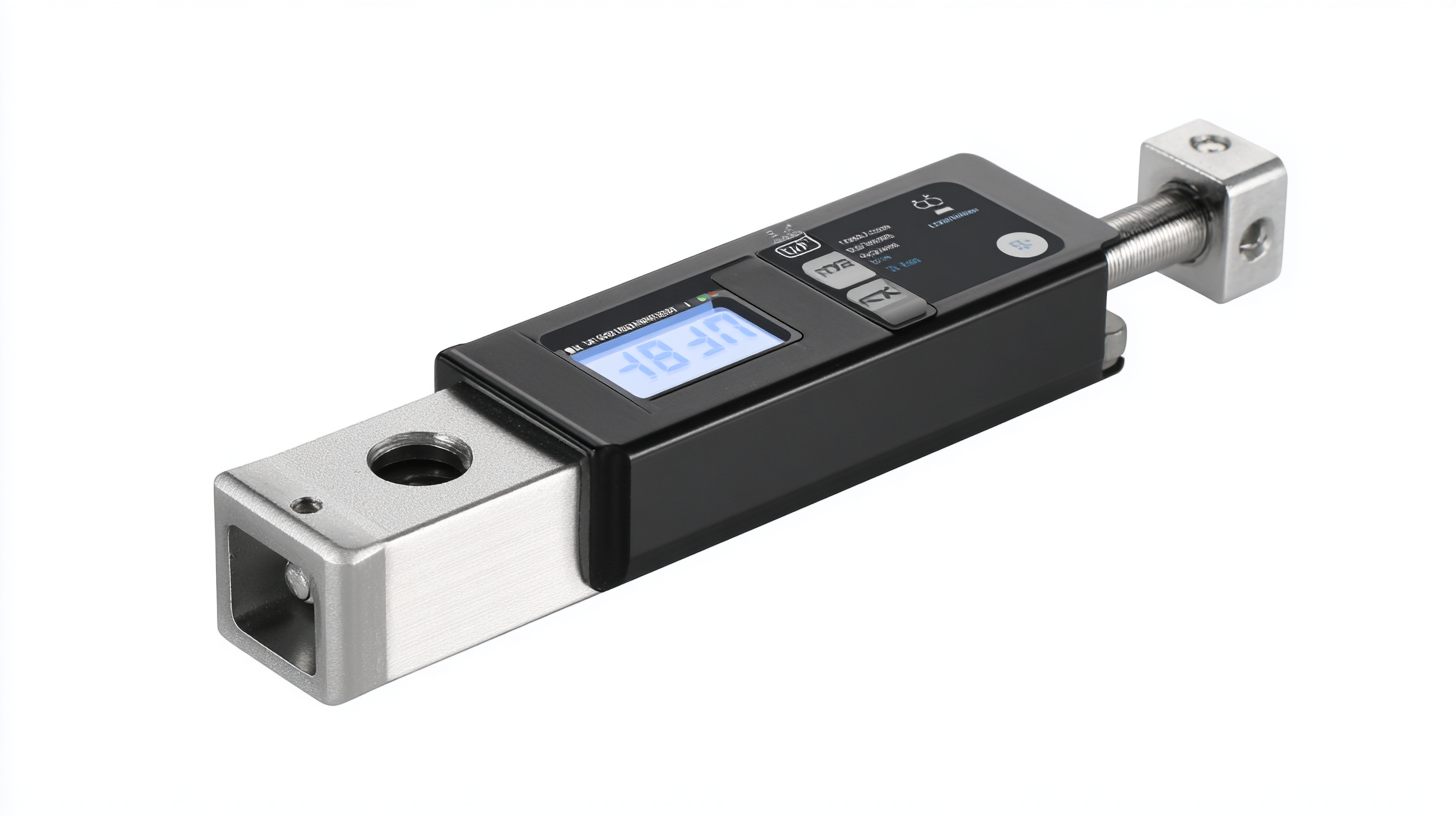
Price Analysis: Cost vs. Features of Top 2kg Load Cell Models
When considering the best load cell models for precision weighing in 2025, the price-to-features ratio emerges as a critical factor for consumers. Recent industry reports indicate that the average cost of high-quality 2kg load cells ranges from $50 to $150, depending on specifications and brand reputation. This pricing reflects advancements in technology, with features such as increased sensitivity, reduced hysteresis, and integrated digital interfaces driving consumer choices. Notably, models that incorporate advanced materials and robust designs tend to justify their higher prices through enhanced durability and reliability.
Furthermore, expert reviews emphasize the significance of understanding the specific application when comparing models. For instance, load cells designed for laboratory use may be priced higher due to their precision, often exceeding $100, while those for DIY projects can be found at lower price points, even as low as $30. Data from user satisfaction surveys reveal that consumers prioritize features such as accuracy and calibration ease over initial costs, suggesting a trend towards investing in higher-quality models for long-term use. As the market evolves, it's essential for buyers to analyze these factors to achieve the best balance between cost and features in their 2kg load cell selections.
2025 Top 10 Load Cell 2kg Models for Precision Weighing: Expert Reviews and Comparisons
| Model | Accuracy (±g) | Dimensions (mm) | Material | Price ($) | Key Features |
|---|---|---|---|---|---|
| Model A | 0.1 | 40 x 20 x 10 | Aluminum | 75 | Compact design, high sensitivity |
| Model B | 0.2 | 50 x 40 x 15 | Stainless Steel | 100 | Corrosion resistant, durable |
| Model C | 0.05 | 30 x 30 x 10 | Aluminum | 90 | High precision, lightweight |
| Model D | 0.15 | 55 x 25 x 12 | Steel | 85 | Heavy-duty, stable readings |
| Model E | 0.1 | 42 x 22 x 10 | Plastic | 70 | Lightweight, affordable |
| Model F | 0.12 | 45 x 25 x 11 | Aluminum | 80 | High capacity, precision |
| Model G | 0.08 | 38 x 20 x 9 | Stainless Steel | 95 | Rugged, high stability |
| Model H | 0.2 | 52 x 30 x 14 | Aluminum | 73 | Versatile, easy installation |
| Model I | 0.1 | 40 x 40 x 10 | Plastic | 65 | Lightweight, portable |
| Model J | 0.1 | 48 x 28 x 11 | Steel | 88 | High durability, good performance |
User Experiences: Feedback on the Best 2kg Load Cells for Precision
In the realm of precision weighing, load cells have become essential tools across various industries. User experiences with the top 2kg load cell models reveal significant insights into their performance and reliability. According to a recent market analysis by ResearchAndMarkets, the demand for high-accuracy load cells is projected to grow at a CAGR of 6.5% through 2025, underscoring the importance of selecting the right model for critical applications.
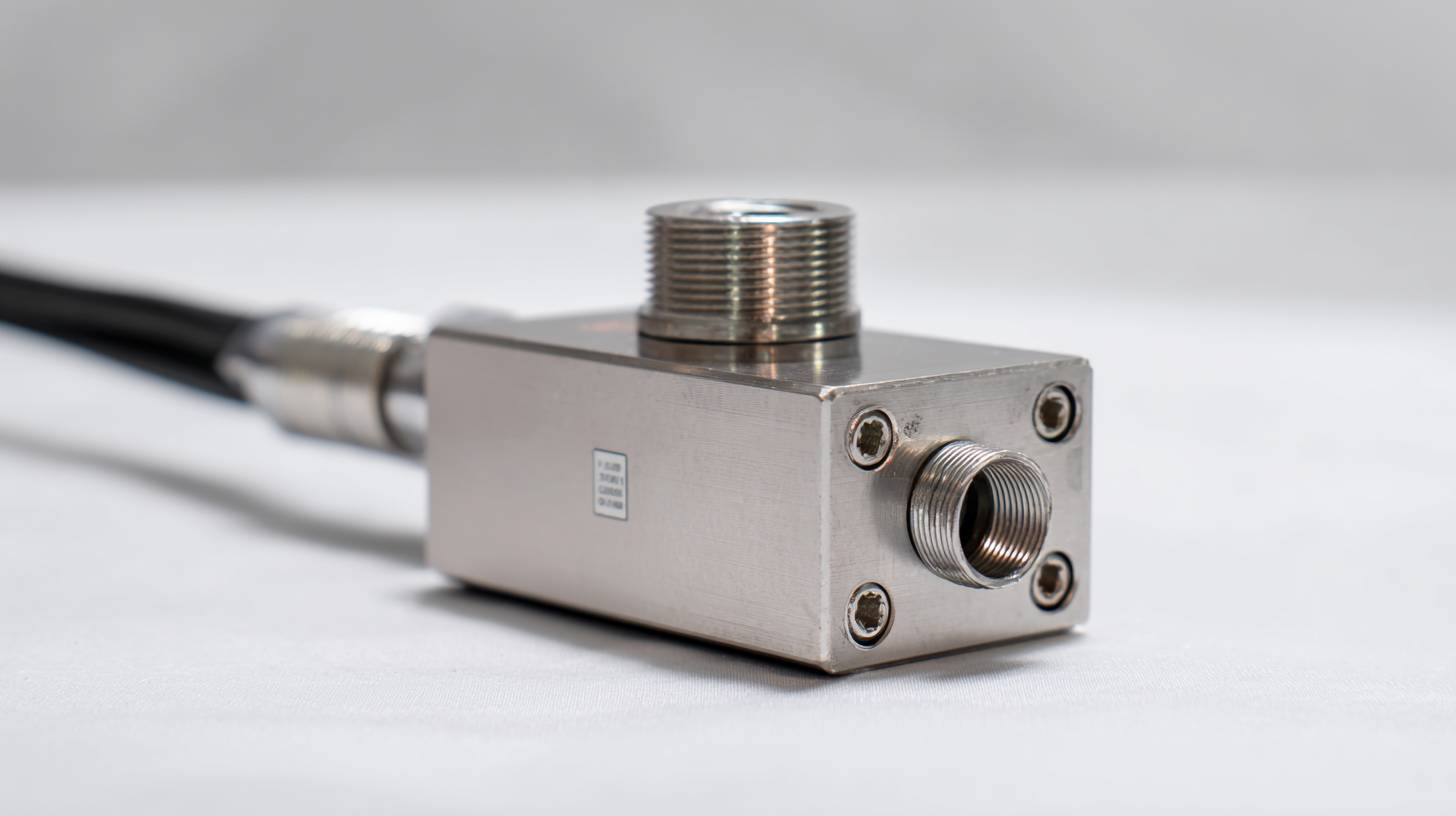
Feedback from users highlights the importance of factors such as temperature compensation and linearity in ensuring accurate readings. For instance, the LCM200 model has garnered praise for its exceptional temperature stability, performing consistently well across varying conditions. Additionally, many users have appreciated the LCM-S series for its robust construction and high sensitivity, which averages around 0.1% of full scale deviation, making it a favorite among professionals needing precise measurements in laboratory settings. User testimonials emphasize that investing in a quality load cell not only enhances measurement accuracy but also improves operational efficiency in their processes.
Related Posts
-
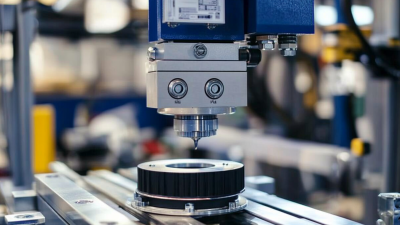
Unique Challenges Encountered with Button Load Cell for Global Importers
-
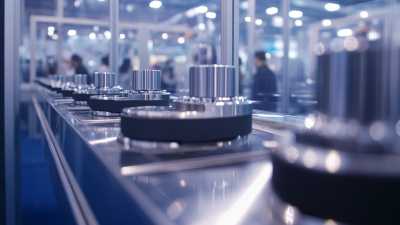
Discovering the Future of Precision: Button Load Cells at the 2025 Canton Fair
-
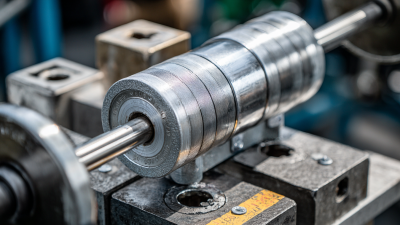
Exploring the Future of Load Cells: Innovations Beyond the Best Bending Beam by 2025
-
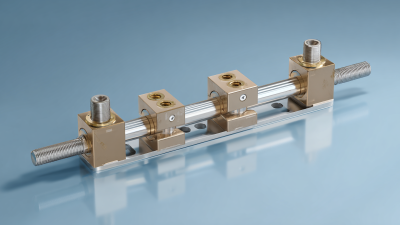
What is a Thin Load Cell and How Does It Improve Measurement Accuracy?
-
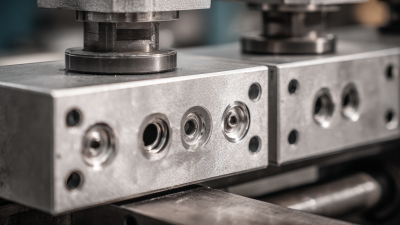
5 Essential Tips for Choosing the Right Tension Compression Load Cell
-
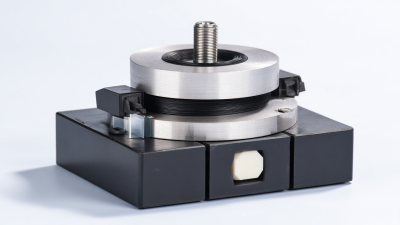
The Ultimate Guide to Sourcing High-Quality Suppliers for Best Button Type Load Cells

